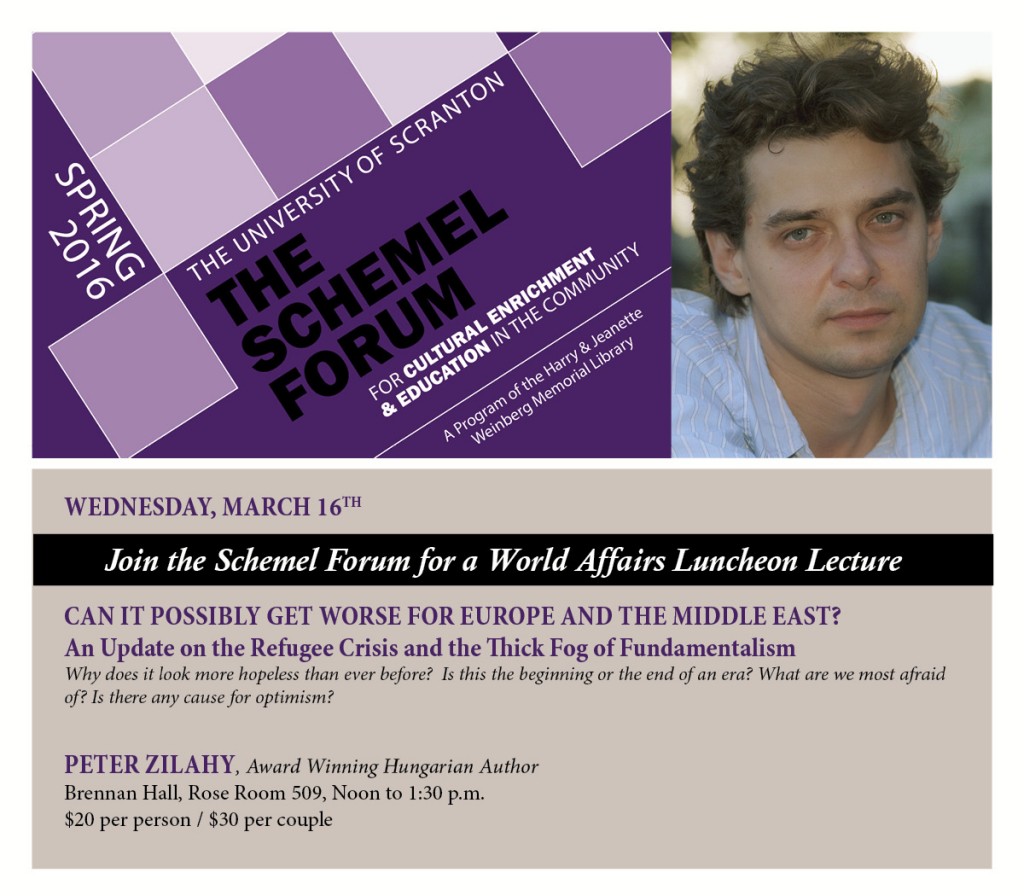On Saturday, March 5th, the Weinberg Memorial Library will host its first Wikipedia workshop and edit-a-thon. Each year, international edit-a-thons bring together libraries, archives and museums to improve and generate content on Wikipedia. These events help to improve our collective understanding of Wikipedia─ its structure and the way its content is created─ and also provide a venue to discuss and debate its value. At the Library, we support improving public access to information and promoting digital literacy, and we possess the tools and resources to improve Wikipedia’s content.
Wikipedia and Libraries
In 2014, OCLC began a pilot project to develop innovative ways of integrating library resources with Wikipedia’s content. OCLC sought library partners who were willing to host a Wikipedia editor and give that editor access to their materials and collections in order to enhance the article citation process on Wikipedia. The cooperative’s goal for this project is to make library e-collections available online via the WorldCat knowledge base, so that students and others on campus can see links in Wikipedia to full-text articles.
Other library initiatives that are helping to improve the scope and quality of Wikipedia articles and citations include:
- #1Lib1Ref – This collaborative project encourages public and university librarians to add credible references to Wikipedia articles.
- VIAFbot project – A case study project, led by Wikipedians-in-Residence at OCLC and the British Library, to integrate authority data with biographical Wikipedia articles.
- Wikipedia Visiting Scholars Program – A program through which experienced Wikipedia editors gain remote access to library resources like databases, ebooks, and special collections.
You can learn more about the many other case studies of collaborations between Wikipedia and libraries here:
Wikipedia and Students
A recent study published in The Internet and Higher Education found that 87.5% of students use Wikipedia in their academic work. A 2015 study from the Reference Services Review investigated ways in which Wikipedia could be used as a tool for information literacy. This case study engaged students in Wikipedia-editing activities and Wikipedia-related discussions. The study found that, following these discussions, students could effectively identify gaps in Wikipedia articles, critically evaluate and use sources to address those gaps and appropriately document their references.
Educating students on how articles on Wikipedia are created and audited helps them to think critically about information sources and understand knowledge production, while also instructing them on how they can contribute. The pedagogical benefits of learning how to edit on Wikipedia include:
- Engaging students in a global effort with an educational purpose
- Encouraging media and digital literacy
- Exercising critical thinking to analyze and interpret information for fairness, accuracy, and credibility
- Constructing knowledge and identifying content gaps
- Learning about fair-use and copyright
- Learning wiki code and getting hands-on experience with technology
- Fostering digital citizenship and online etiquette
Here is a list of projects that incorporate Wikipedia training into school and university courses.
Wikipedia and the Weinberg Memorial Library
Contributing content to Wikipedia that relates to the University of Scranton provides another way of highlighting the library’s collections and resources. The upcoming edit-a-thon is not the Library’s first venture into how its digital collections and resources could be used to support articles on Wikipedia. Last year, Kate Reilly ’17, a student working in Digital Services at the Library, wanted to learn how Wikipedia articles are created and edited. Using information made available in the Library’s digital collections, she began editing articles that related to the University of Scranton, its leaders and events. Through this project, Kate sought to “share the abundant historical knowledge documented in the Library’s collections.” You can read more about Kate’s experience with Wikipedia in the Library’s newsletter here.
Why Art+Feminism?
One of the founding organizers of the annual Art+Feminism Wikipedia Edit-a-thon, Siân Evans, stated last year on the ACRL blog that librarians should care about Wikipedia because “it is so often where our patrons start their research process and, because it’s open source, we have the tools to improve it.” Each year, academic and cultural partners from around the globe organize Wikipedia edit-a-thons that are focused on creating a networked collaboration between libraries, Wikipedia and scholars. The goal of Art+Feminism’s edit-a-thon is to improve the coverage of women on Wikipedia and encourage female editorship. Less than 10% of editors on Wikipedia are female and, as a result, there are many articles missing from Wikipedia on noteworthy women in history. In honor of Women’s History Month, the Weinberg Memorial Library will take part in this international campaign to close the gender gap on Wikipedia and host its first workshop and edit-a-thon.
You can read more about Art+Feminism’s Wikipedia project here:
At the Weinberg Memorial Library, we’re helping to broaden the conversation about the legitimate uses of Wikipedia and helping students learn how they can play a role in contributing to its content. Please join us on Saturday, March 5th, from 12-4pm in Rooms 305 & 306. RSVP: archives@scranton.edu



